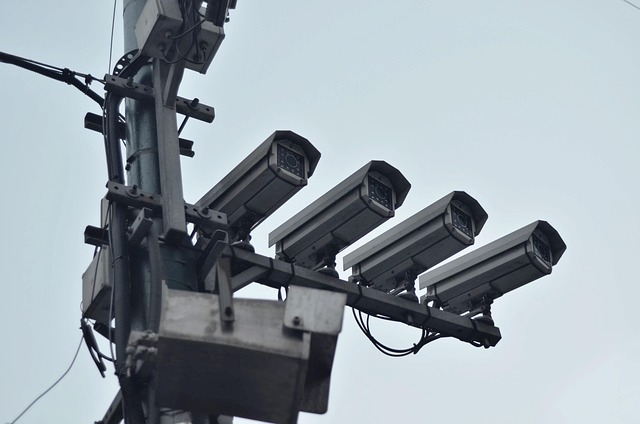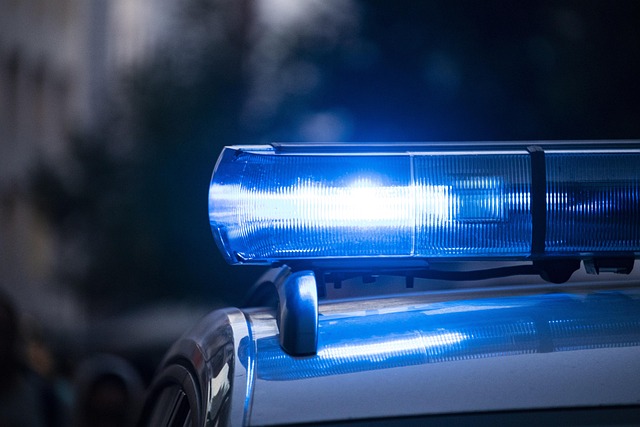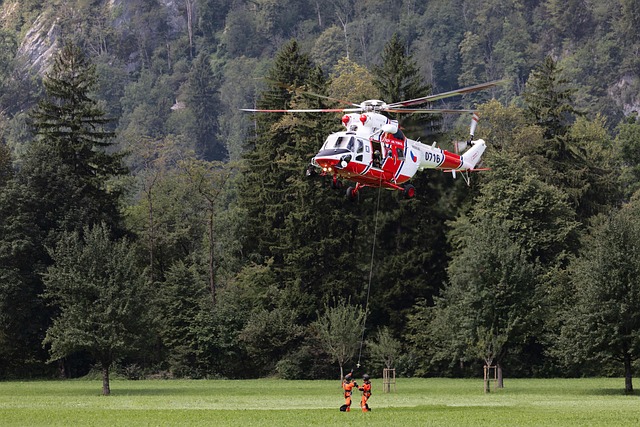Landlords have a legal duty to conduct regular gas safety checks on rental properties, aiming for annual inspections (UK regulations). These checks identify risks from gas appliances and piping, ensure tenant safety, and comply with the law. Choosing qualified gas safety inspectors is crucial for property integrity, legal obligations, and tenant well-being. Regular maintenance based on inspection results prevents hazards, protects tenants, and avoids legal liability.
A landlord gas safety check is a crucial aspect of maintaining a secure living environment for tenants. With proper understanding and regular execution, landlords can mitigate potential risks associated with gas appliances. This comprehensive guide delves into the essential obligations, processes, and best practices surrounding these checks. From knowing what to expect during an inspection to choosing qualified professionals, this article equips landlords with the knowledge needed to ensure safe gas systems in their properties.
- Understanding Landlord Gas Safety Check Obligations
- What Does a Gas Safety Check Involve?
- How Often Should Landlords Conduct These Checks?
- Choosing Qualified Gas Safety Inspectors
- Preparing for and Accompaning the Inspection Process
- Interpreting Results & Maintaining Safe Gas Systems
Understanding Landlord Gas Safety Check Obligations

As a landlord, ensuring safe gas usage in rental homes is a legal obligation. The law requires that landlords conduct regular gas safety checks and maintain proper records. This includes identifying and rectifying any potential hazards associated with high-risk gas appliances in rentals. Failure to comply with these regulations not only puts tenants at risk but can also result in significant fines and legal repercussions.
Understanding these obligations is crucial for landlords. It involves understanding the specific gas safety check procedures, when they need to be performed, and who should carry them out. Regular inspections help in identifying issues early on, ensuring the safety of tenants, and upholding their rights regarding gas safety in rental properties.
What Does a Gas Safety Check Involve?

A landlord gas safety check is a crucial process designed to ensure the security and well-being of tenants living in properties managed by landlords. It involves a thorough inspection and evaluation of all gas appliances, pipes, and fittings within the property. The check is not just about identifying potential leaks; it encompasses a comprehensive review of the entire gas system’s functionality, safety, and compliance with legal regulations.
During this check, a qualified plumber Bromsgrove or gas safety engineer will assess various elements such as gas boilers, cookers, heaters, pipes, and vents. They will use specialized equipment to detect any leaks, check for proper ventilation, ensure that appliances are correctly installed and maintained, and verify the functioning of safety devices like carbon monoxide detectors. The result is a detailed report highlighting any issues found, recommendations for repairs or replacements, and guidance on necessary actions to maintain a safe gas environment. Given the potential risks associated with faulty gas systems, understanding the importance of regular landlord gas safety checks is essential, especially in light of the mandatory nature of annual inspections in many jurisdictions.
How Often Should Landlords Conduct These Checks?

Landlords have a legal obligation to ensure that their rental properties are safe and fit for habitation, which includes conducting regular gas safety checks. The frequency of these inspections is crucial in mitigating potential risks associated with gas appliances and piping. As per UK regulations, landlords should aim to carry out comprehensive gas safety checks at least annually. This annual inspection is essential to identify any issues or defects that may have developed over time, ensuring the safety of tenants and complying with legal requirements.
Additionally, landlords must be proactive in addressing any concerns regarding poor gas ventilation or outdated appliances. Regular check-ups can uncover solutions for poor gas ventilation, allowing landlords to make necessary repairs or upgrades. Tenants also have rights when it comes to gas safety, including the right to a safe living environment and proper notification of any inspections. Landlords should maintain open communication with tenants about gas safety measures, fostering a culture of awareness and ensuring everyone’s peace of mind regarding gas safety inspections for rentals.
Choosing Qualified Gas Safety Inspectors

When conducting a landlord gas safety check, it’s paramount to choose qualified gas safety inspectors. This decision is crucial as it directly impacts the integrity and accuracy of the inspection. Look for professionals who are not only certified by reputable bodies but also have extensive experience in handling various types of gas systems. Experience ensures they can spot potential issues with high-risk gas appliances in rentals, such as old boilers or faulty pipes, which might be overlooked by untrained eyes.
The rental gas safety guidelines emphasize the need for regular and thorough inspections. As a landlord, it’s your legal obligation to ensure the safety of your tenants. Selecting qualified inspectors who can provide detailed reports and offer advice on necessary repairs is key to fulfilling this responsibility. Remember, a comprehensive landlord gas safety check goes beyond compliance; it safeguards the well-being of everyone living in the property.
Preparing for and Accompaning the Inspection Process

Preparing for a landlord gas safety check is essential to ensure a smooth inspection process. Before the inspector arrives, it’s wise to familiarise yourself with the property and identify potential areas of interest. Check for any visible signs of damage or unusual odours, as these could indicate issues that need addressing. Gather all relevant documentation, including maintenance records and previous safety reports, to provide a comprehensive overview of your property’s history. This proactive approach demonstrates your commitment to tenant safety and facilitates a more efficient check.
Accompanying the inspection process allows you to actively participate in maintaining high safety standards. Landlords have legal obligations regarding gas safety, so it’s crucial to understand when to schedule these checks. Regular inspections not only protect tenants but also safeguard yourself from potential liability. By ensuring tenant safety with regular checks, you contribute to a peaceful tenancy and foster trust between landlord and tenant.
Interpreting Results & Maintaining Safe Gas Systems

Interpreting the results of your landlord gas safety check is crucial for maintaining safe gas systems. The report will detail any potential hazards identified, including issues with high-risk gas appliances in rentals. An emergency plumber Bromsgrove can assist in rectifying these problems promptly to ensure the safety of tenants and comply with legal obligations. Regular checks are essential as they allow for proactive maintenance and prevent minor issues from escalating into serious safety risks.
Understanding what a gas safety certificate covers is key. It verifies that your gas appliances meet health and safety standards, including proper ventilation and functionality. By addressing any concerns raised during the inspection, you create a safer living environment, protecting yourself and your tenants from potential gas leaks or faulty equipment. Regular maintenance and timely repairs are vital to upholding these standards, particularly in high-risk situations.
Conducting regular and certified gas safety checks is not just a legal obligation for landlords; it’s also a crucial step in ensuring tenant safety and maintaining the integrity of gas systems. By understanding what these checks entail, how often they should be performed, and who to trust, landlords can create a safer living environment. Remember, a landlord gas safety check is an investment in peace of mind and compliance with regulations, ultimately safeguarding both property and inhabitants.
